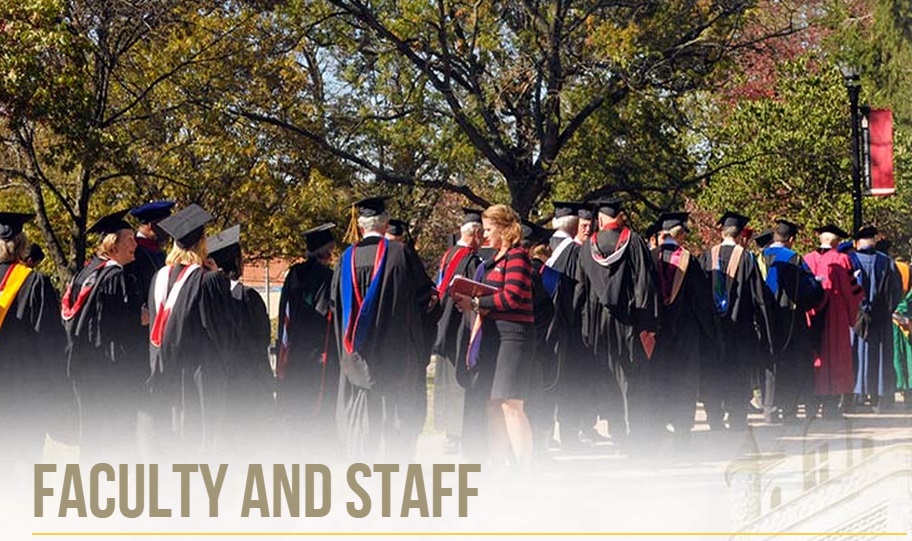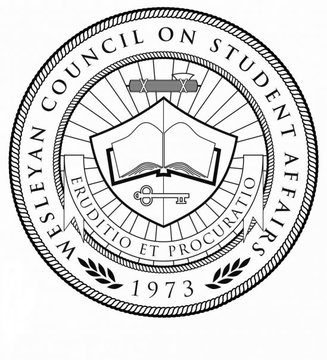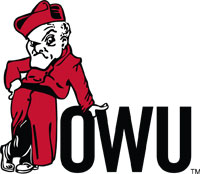By Liz Hardaway, A&E Editor
The Delaware County Republican Party headquarters has one message for people window shopping on Sandusky Street: Hillary Clinton is for sale and should be imprisoned.
Before entering the doors of the downtown Republican location, a cutout of Hillary Clinton in a cage is displayed, with a for sale sign plastered on the window, right across the street from their democratic counterpart the Ohio Together office.
“It’s the classic representation of what a lot of republicans think about Hillary Clinton,” said Alex Lutz, a junior and avid republican on campus.
Holly Adams, an Ohio woman who supports Donald Trump and volunteer, agreed with the sign, stating how Clinton was not an appropriate role-model for young girls. Showing a chart, Adams pointed out the four factors that voters from both sides care about most: jobs, economy, terrorism, national security and healthcare.
Starting with jobs, Adams stated that Trump has created 200,000 jobs across the globe for over 50 years. According to an analysis conducted by CNN Money and PrivCo, which researches private companies such as the one run by Trump, there are only 34,000 jobs attributed to Donald Trump.
Adams also admired Trump for not owing other companies or big-business favors, compared to Clinton who asks her friends for money and uses ten percent of this money for charitable work and “takes the other 90 percent and she and her family and friends fly around the world,” said Adams. The American Institute of Philanthropy concluded, however that 88% of the funds are used for programs and charity.
“We think it’s really important as women that are raising smart, strong nice daughters to understand what kind of role model we want for her and Hillary Clinton is not it,” said Adams.
“She’s the only candidate that stands for access to women’s health care, closing the wage gap and confronting the issue of violence against women” disagrees Sarah Foster, a junior and volunteer for Ohio Together.
“[Clinton] even has a plan for addressing specifically campus-based sexual assault. She’s been a lifelong fighter for women’s rights as well as children’s,” Foster said. “And Donald Trump…has never been anything close to a fighter, for anything other than his own wealth…he runs a campaign based in bigotry and misogyny.”
Republicans, such as Lutz and Adams, admire Trump’s business ethic and think that is a strong asset for his campaign. For small-business owners especially, the re-negotiations of trade deals are believed to bring a lot money into the economy.
“When [Trump] first started running, I was excited that he was not a politician. He tapped into the frustration of the American people…everybody’s bought out by special interest groups” said Lutz.
Republicans are skeptical of Clinton’s involvement with Benghazi and her e-mail scandal.
“The conclusion that I’ve come to is that she was irresponsible with that information. That’s not a virtue of a president, not to mention her liberal policies do not align with how I think,” said Lutz.






